WARNING: The following story deals with strong topics such as depression and bullying. Reader discretion is advised.
The boy sat staring at the ridiculous frog wearing the baseball hat, holding his hand up high on the box of Kellogg’s Sugar Smacks cereal. He took long, slow crunch after crunch, still struggling to shake the deep lethargy, yearning to return to his bed and drift off to sleep again.
Whitney Houston belted out ‘All at once’ on the small plastic radio on top of the refrigerator “Ever since I met you, you’re the only love I’ve known…”. Spoon into mouth, sweet milk on his tongue, the cereal crunched some more. The room was filled with the smell of fried eggs in bacon fat and wet dog, as Ben had just been let back in from the rain through the patio door in the kitchen. The wet dog stood in the corner drinking water.
“George, dry him off, will you please?” his mother stated. “I need to finish making breakfast.”
The boy dropped his spoon in the bowl with a clink, slowly got up and grabbed the towel that they kept next to the door for the dog. He rubbed the black lab aggressively, more so that he could get back to his cereal than to dry off the dog. George rubbed Ben’s face and then down his neck. The boy stopped and looked the dog in the face, who looked back with his light brown eyes. He almost felt as if the animal could read his mind, feel his despair. He wrapped his arms around the lab and hugged him, despite the smell and the dampness. Then the boy got up and walked back to the table.
In the corner, Ben took one last great shake off which still managed to spray a bit of water on the patio door and wall. “George! I asked you to dry him off!”
George looked up from the bowl, “I did mom.” He continued to crunch the Sugar Smacks. He could feel his mother looking at him, he knew she was glaring, probably upset, but he didn’t really care. His mind was sluggishly focused on the future task, getting to the bus stop and better yet, avoiding Tommy.
The song on the radio had changed, “Every bond you break, every step you take, I’ll be watching you…” Sting sang with The Police. George took a few last bites and picked up his bowl, drinking the sweet goodness that remained. The boy looked up at the clock on the radio just as the plastic number flipped to 7:12 AM. Not feeling any sense of urgency for his 7:20 bus, he got up, placed his bowl in the sink, grabbed his backpack and walked toward the door.
“George. Coat.” His mother called from the kitchen. The twelve-year-old grabbed his cream suede jacket and put it on, then walked out the front door as he slung his backpack over his shoulders. He was grateful the rain stopped, but dreaded going to the bus stop.
Shoulders slumped, staring at the concrete of the sidewalk, he plodded toward the bus stop. George saw how the rough concrete gave way every few feet to the smoothness of the grouted edge and finally to the crease of the walk, then to smoothness and then to roughness. Over and over the pattern continued. He saw the pattern but wasn’t thinking about it. George wasn’t thinking about much of anything. His heart was filled with the angst of how his day might start. He hoped today would be different. Today maybe Tommy wouldn’t be at the bus stop. Maybe Tommy would just be sick today. Fat chance of that. George thought as he looked to the end of the street. He could see the five other kids standing there waiting for the bus, Tommy standing among them. George looked down at his feet, wondering if his new shoes made his feet look smaller. He dreaded the upcoming encounter, every morning it was the same thing. Perhaps, perhaps today would be different.
George slogged slowly toward the bus stop, not getting close to the other children, standing back about ten feet. He liked the other kids well enough, they weren’t mean, but they didn’t do anything when Tommy picked on him either. He could feel the tension building in him already. Tommy was talking to Mike with his back turned to George, so at the moment he was safe. George looked down the road, praying that the bus would come around the corner. Maybe the bus will get here before Tommy turns around. Mike was not one of Tommy’s lackeys, but he also wasn’t George’s friend. Mike was the kind of guy who tried to ingratiate everyone. George’s younger sister called Mike a ‘suck-up’ or a ‘fair-weather friend’. She was probably right. Mike attached himself to whoever seemed to be the most dominant person in a situation and now, that person was Tommy. Come on bus. Where the Hell are you?
Ever so slowly, Tommy turned around and his eyes lay right on George. Shit. “Hey, Bigfoot. Your mamma dress you in that?” Tommy gestured toward George’s jacket. George looked down at the cream-colored suede. He could feel his blood pressure rising, the tension in him building like a storm. “You look like an ice cream truck threw up on you.” Tommy started laughing.
“Shut up.” George spat. Tommy stopped laughing. “What did you say?”
“I said… shut. Up.” A few of the kids whispered. Tommy took his thermos out of his bag and opened it up. He threw the hot liquid at George, which was apparently hot chocolate and for a moment the hot liquid burned. George looked down at his jacket.
“There, now you look better. Can’t have a puke colored jacket without some brown on it.” Tommy said, braying laughter. A few of the kids started laughing. George no longer cared about the bus. He was so tired of dealing with Tommy and his bullshit. He was tired of hating himself for looking the way he did, the type of looks that apparently made kids like Tommy pick on him. He threw down his backpack and ran full force into Tommy knocking Tommy on his back on the sidewalk.
“Get off of me you big-footed freak!” Tommy screamed.
George climbed on top of Tommy and grabbed the kid by his black hair and slammed the back his head into the sidewalk. Tommy began screaming louder. Two of the girls screamed in horror at the sight of what was happening. George continued to slam the back of Tommy’s head into the sidewalk over and over and over until at last Tommy stopped making noise. He looked down at Tommy’s head in his hands and let go, blood covered the sidewalk behind the boy’s head. George jumped up and stared in shock at what he had done. What he couldn’t take back. He collapsed on the sidewalk and sat, staring at Tommy’s lifeless body. “Oh my God! You killed him! You killed Tommy!” Mike screamed.
George got up and ran down the street toward his house leaving his backpack at the bus stop. He ran as fast as his legs would carry him. He could just vaguely perceive the bus pulling up in the background. It didn’t happen, it was all just what I wished would happen. It was an illusion. He told himself as he ran with all his might. Running back into the house and slamming the door behind him he leaned on the closed door. Then looked down at this jacket, still wet with hot chocolate. Tommy’s hot chocolate that his mom had made for him for lunch. A lunch that the boy would never eat. George slid down the door and stared at the coat closet door across the hallway, slumped at the bottom of the front door, just as his mother walked in from the kitchen. She looked at her son, sitting at the base of the door and saw his jacket. “George? What happened?”
He said nothing. “George?”. She walked over and lifted his head, his eyes looked glazed. Then she saw the blood on his hands. She flipped them over, looking for a cut. “George, what happened? Are you okay? Whose blood is this?” he continued to stare. “George!?”
The twelve-year-old looked up at her, “I killed him, Mom.”
“What? What are you talking about? What happened!?” she shook his shoulders. Tears ran down the boy’s face and he began to cry. He jumped up and turned, opened the door and his mother grabbed him by the arm. George jerked hard and ripped his jacket at the shoulder, running out the door and slamming it in his mother’s face. He got to the end of the sidewalk and stopped, looking up the street toward the bus stop he saw the kids still there, bent over Tommy just as a police car pulled up near the kids.
“George!” his mother called from the door. One of the kids saw George and pointed. George quickly turned right and ran as hard as he could toward the end of the street. He ran across the street at the end of the culdesac and between the two houses into the woods behind them.
~ Check for the conclusion here ~

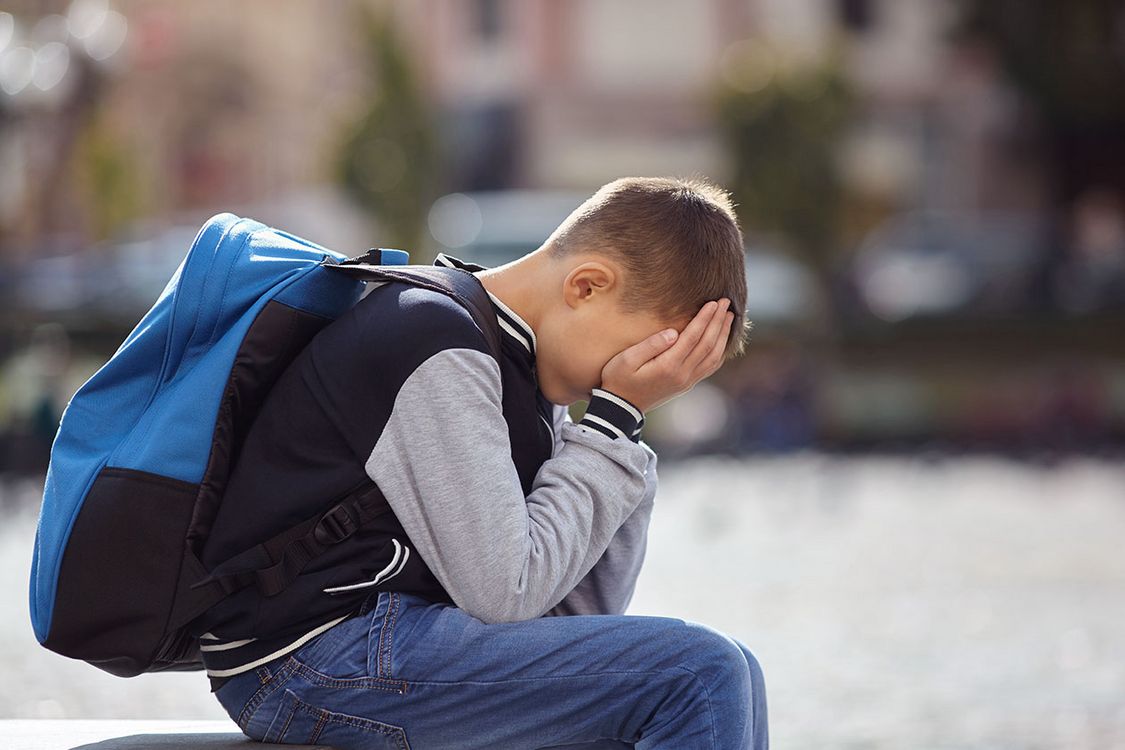
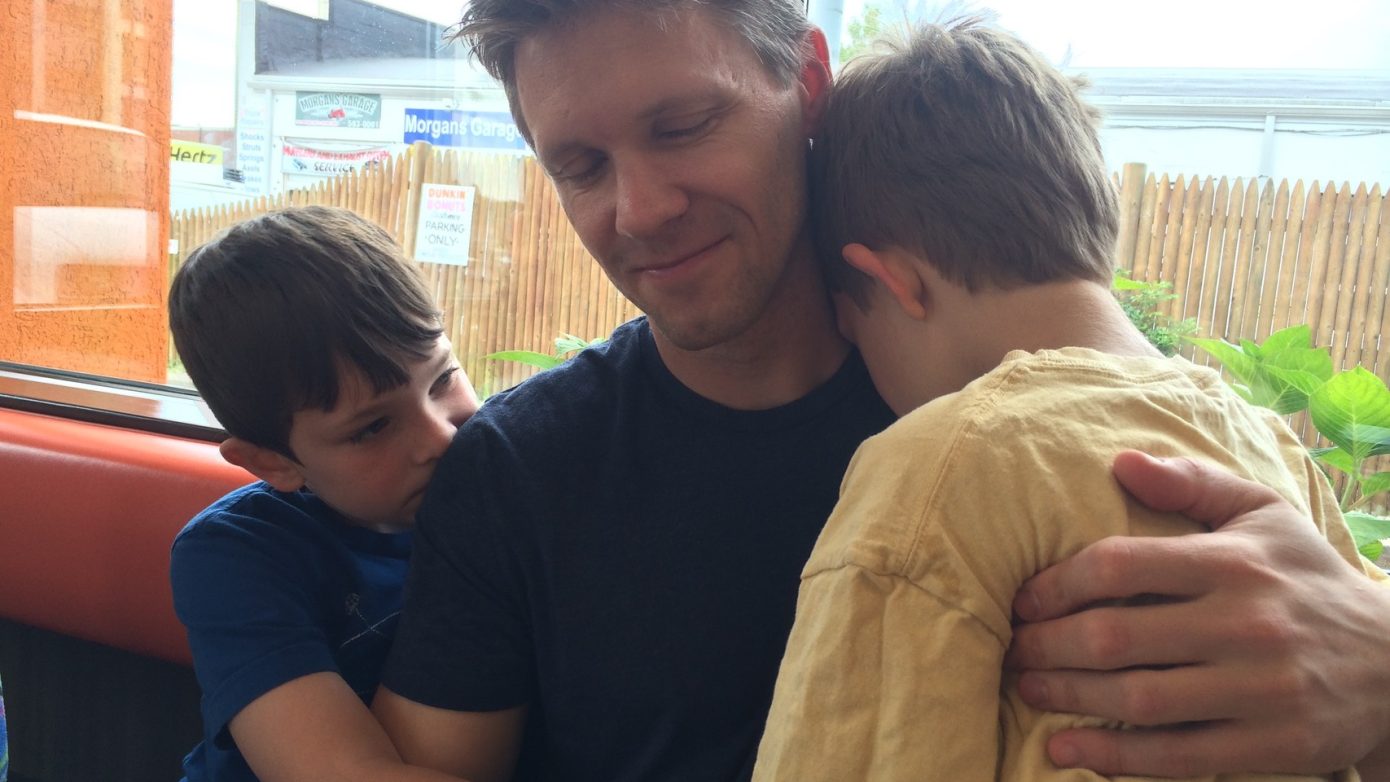
 For those of you who do not know, I have two children of my own, and I can say without thinking about it, I would kill to protect them. When I am gone from this world, all that will remain of me will be the words I leave behind and my children. Although I hope my writing endures, my children are paramount in all that I do, see, breathe and speak.
For those of you who do not know, I have two children of my own, and I can say without thinking about it, I would kill to protect them. When I am gone from this world, all that will remain of me will be the words I leave behind and my children. Although I hope my writing endures, my children are paramount in all that I do, see, breathe and speak. We live in an age of over-stimulation, an age of instant information, social media and media overload. These access points are constantly trying to change our perspective on the world around us. Worse, they are trying to change the perspective of our children, parents be damned.
We live in an age of over-stimulation, an age of instant information, social media and media overload. These access points are constantly trying to change our perspective on the world around us. Worse, they are trying to change the perspective of our children, parents be damned.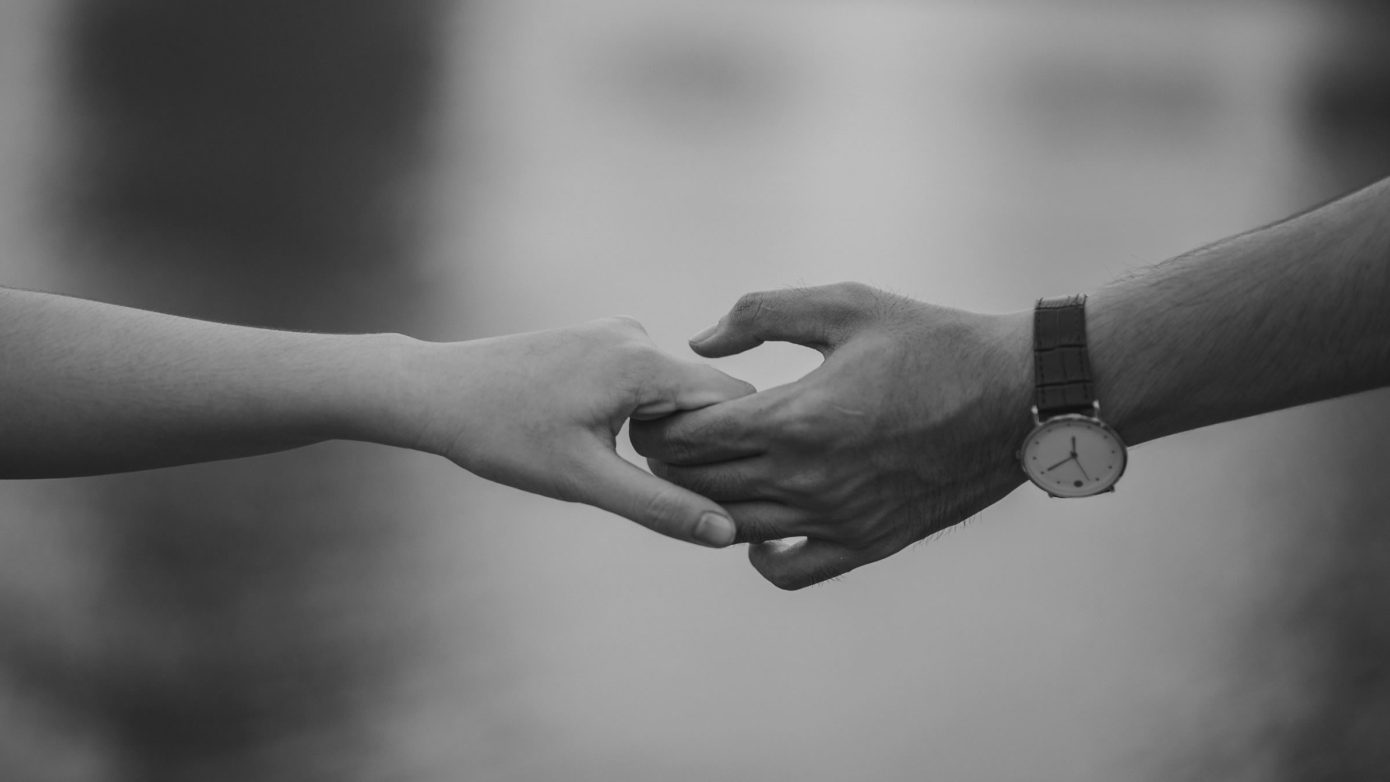
 bonds. They grow closer and closer, and love becomes a comfort, a blanket that keeps them warm and carries them through each day. It’s the comfortable love of daily life.
bonds. They grow closer and closer, and love becomes a comfort, a blanket that keeps them warm and carries them through each day. It’s the comfortable love of daily life.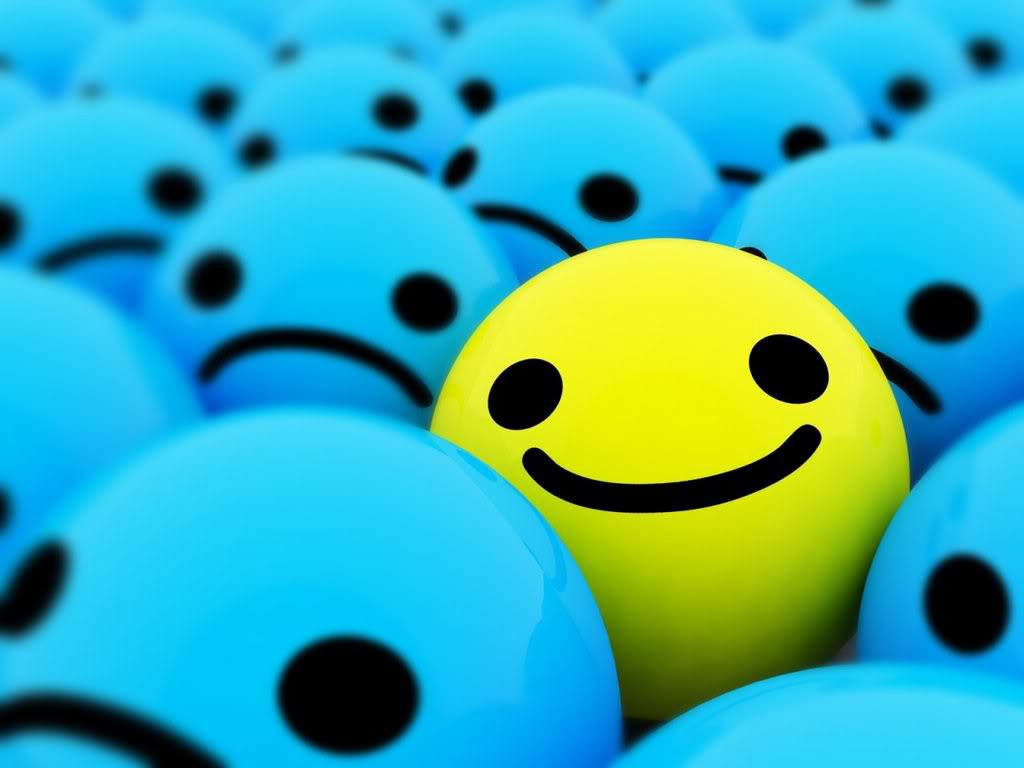
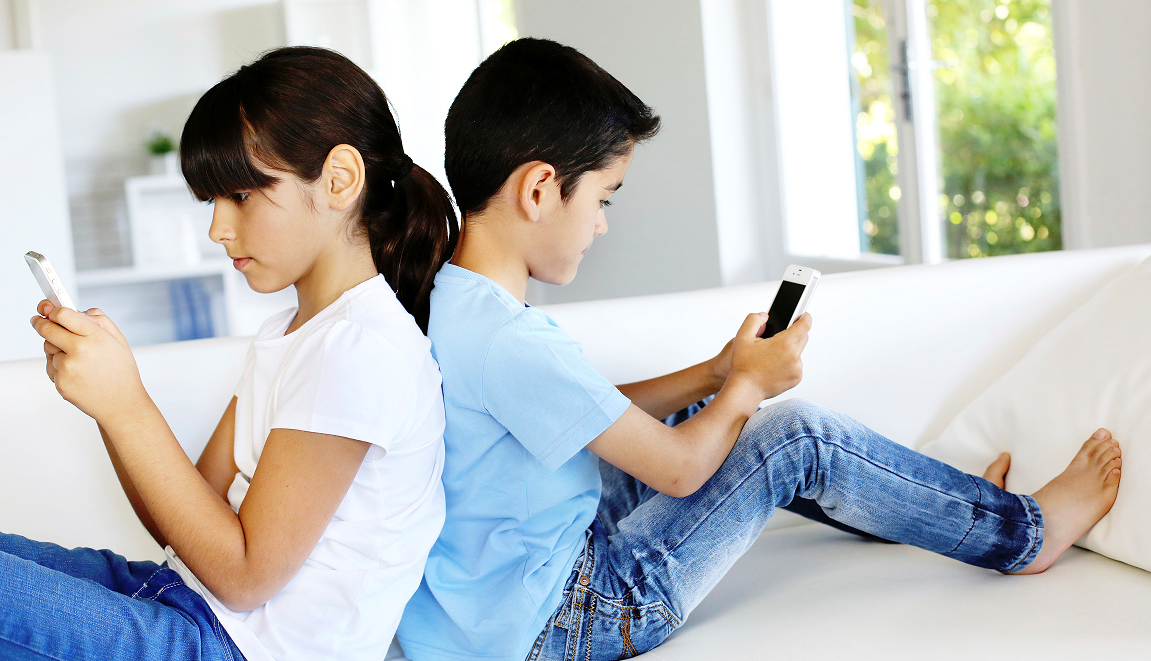
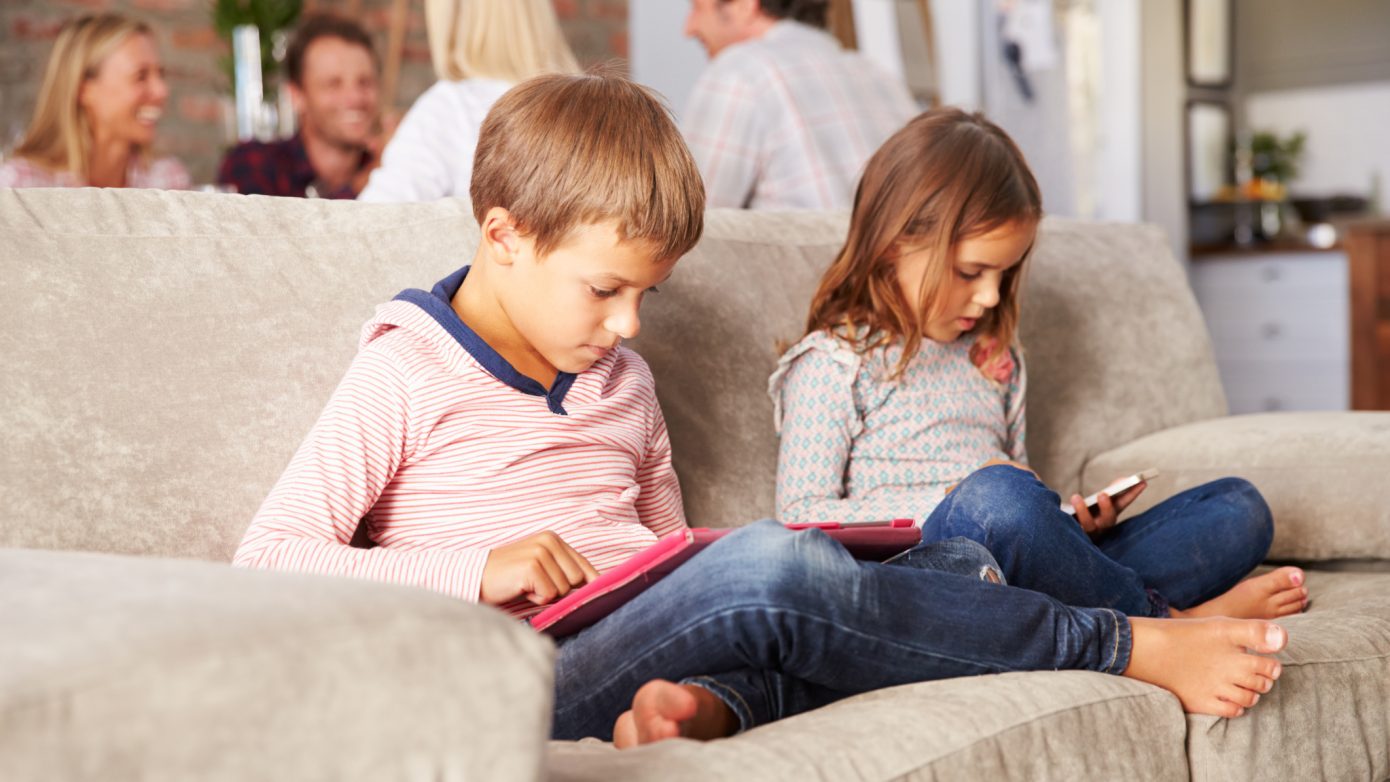
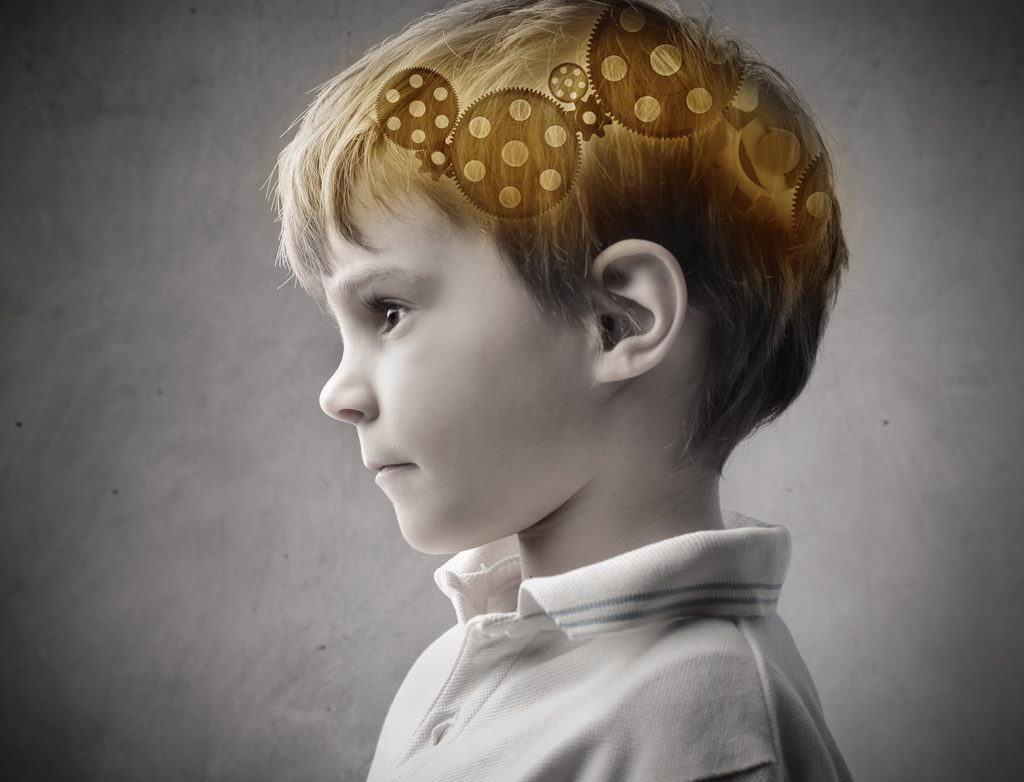
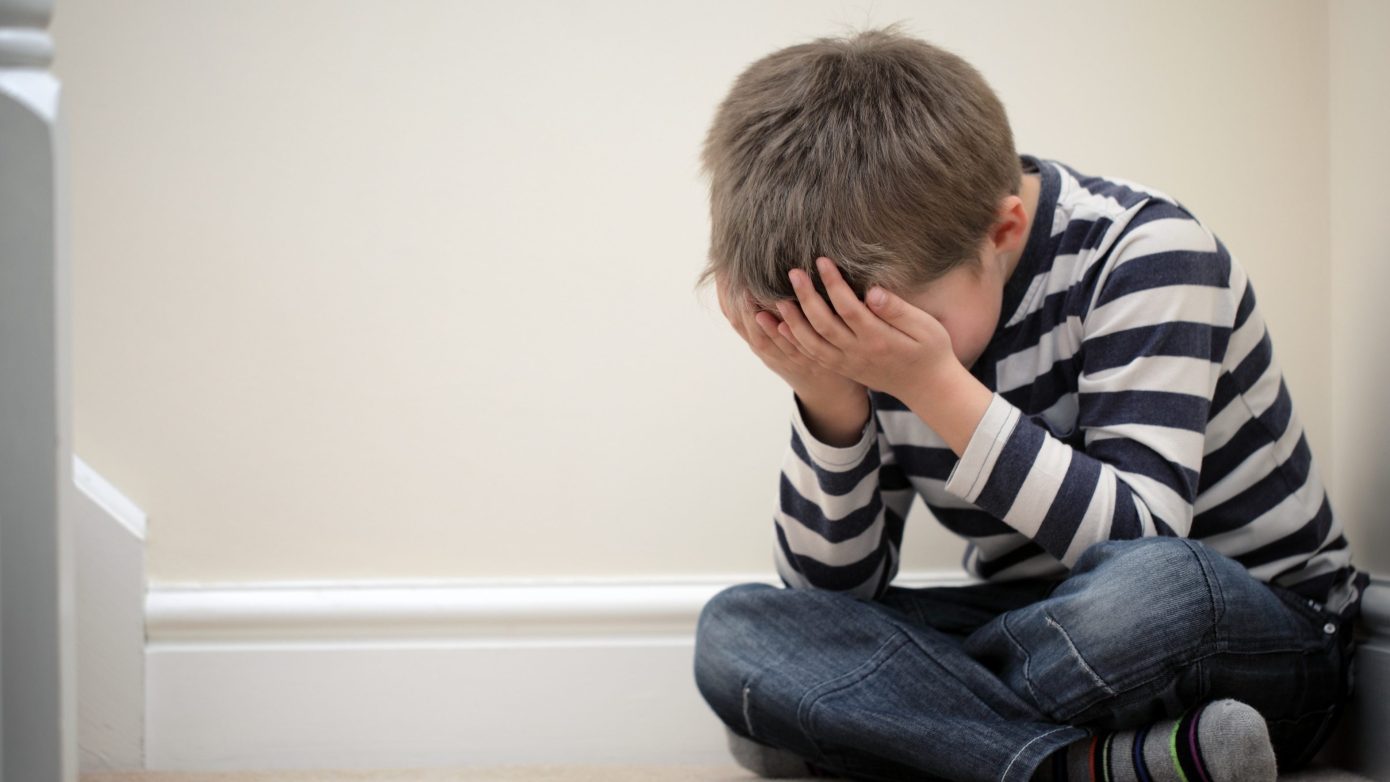


 My most prominent memory from elementary school was Valentines Day in the first grade. There was this little girl by the name of Jennifer with long brown hair and I will admit I was quite smitten on her. Our teacher told us to all go around and put our valentines in each other’s (shoe-box) valentines boxes. I went straight to Jennifer and put my Snoopy valentine into her box, with all the innocence of a little boy having a crush on a little girl. She stepped up beside me and handed me her valentine instead of putting it into my valentine box. Before I could say a word, she said to me “You know what makes us different?”. I shook my head, unable to speak and she said nine words that I was not expecting, “You have a penis and I have a vagina.” and she gave me a kiss on the cheek.
My most prominent memory from elementary school was Valentines Day in the first grade. There was this little girl by the name of Jennifer with long brown hair and I will admit I was quite smitten on her. Our teacher told us to all go around and put our valentines in each other’s (shoe-box) valentines boxes. I went straight to Jennifer and put my Snoopy valentine into her box, with all the innocence of a little boy having a crush on a little girl. She stepped up beside me and handed me her valentine instead of putting it into my valentine box. Before I could say a word, she said to me “You know what makes us different?”. I shook my head, unable to speak and she said nine words that I was not expecting, “You have a penis and I have a vagina.” and she gave me a kiss on the cheek.